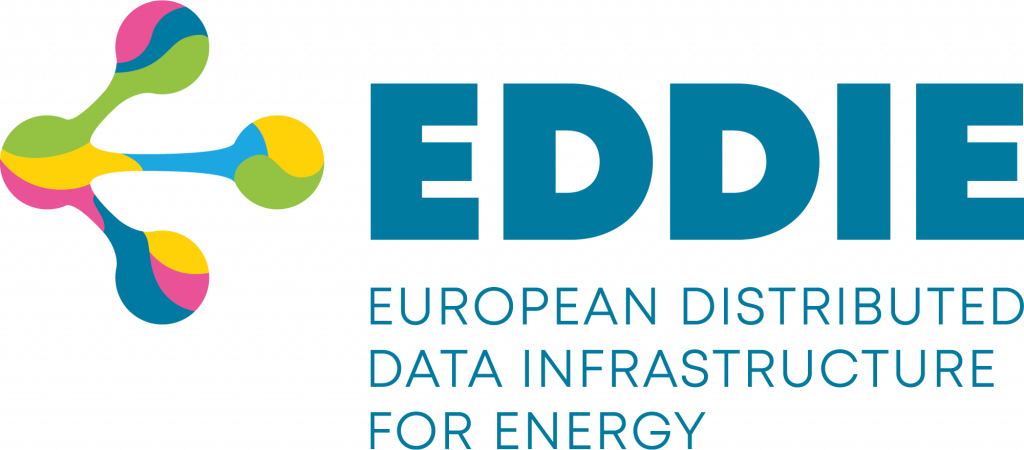European Distributed Data Infrastructure for Energy

- Coordinator: University of Vienna, Austria
- Principal investigator at CSEI: Manuel Llorca
- Funding body: European Commission – Horizon Europe Innovation Action
- Period: January 2023 – December 2025
- Project website: https://eddie.energy/
Summary
The Clean Energy Package establishes the rights to access energy data to customers and share it with eligible parties of their choice. This enables new energy data-based services within and beyond the energy sector. The main barrier for such solutions is the lack of large-scale and uniform procedures in the EU. Actors are tied to national practices, which limits their interoperability and growth perspective. These constraints have an industrial, economic and social dimension on a European level and beyond.
As a solution, EDDIE creates a de-centralised, distributed, open-source Data Space, aligned with the work of the EU Smart Grids Task Force on the Implementing Acts on Interoperability and other European activities. This European Distributed Data Infrastructure for Energy (EDDIE) lowers data integration costs drastically because the resulting EDDIE Framework lets energy service companies work and compete in a common European market. In addition, an Administrative Interface for In-house Data Access (AIIDA) ensures the customer consent-based secure and reliable access to valuable real-time data.
CSEI’s main role in EDDIE is leading WP7. The objective of this work package is to analyse the enabling EDDIE Framework and AIIDA as data-sharing infrastructure from a multi-disciplinary point of view. This comprises scientific assessments and impact analysis of the project. To accomplish this objective, this WP comprises a multi-disciplinary and complementary team of energy, behavioural, and ICT economists and engineers. They will address the following sub-objectives:
- Examine the economic properties and commercial viability and possibilities of the data space and analyse the value proposition of the data space for energy users as well as for the energy industry.
- Carry out impact analysis of data access and usability from a human-centred and behavioural economics point of view.
- Analyse the regulatory framework relevant for the uptake of energy data-sharing infrastructures and identify options in policy and regulation to enhance the incentives for the key actors to use such infrastructures.
- Analyse security and safety aspects of alternative data-sharing infrastructure options.
